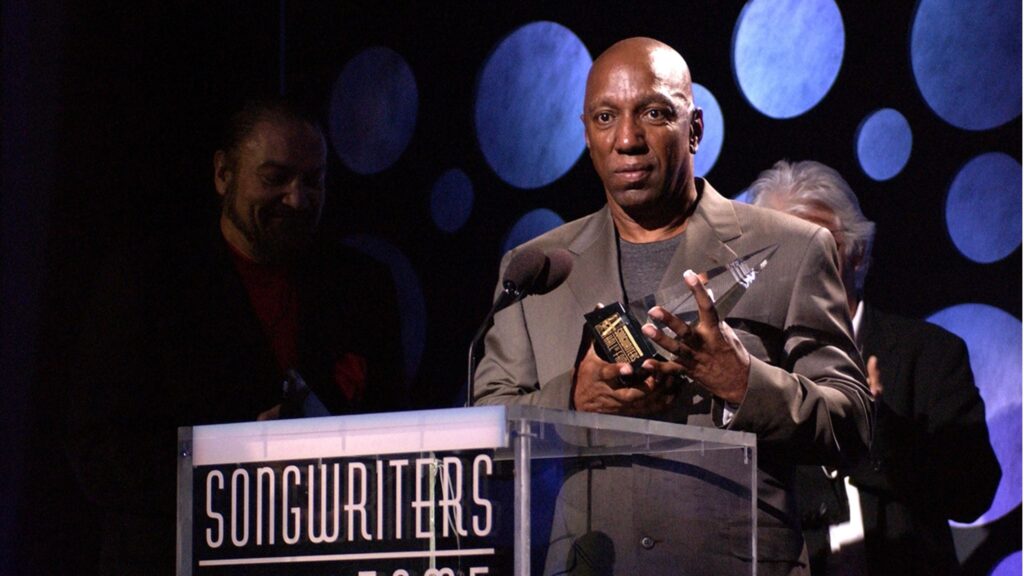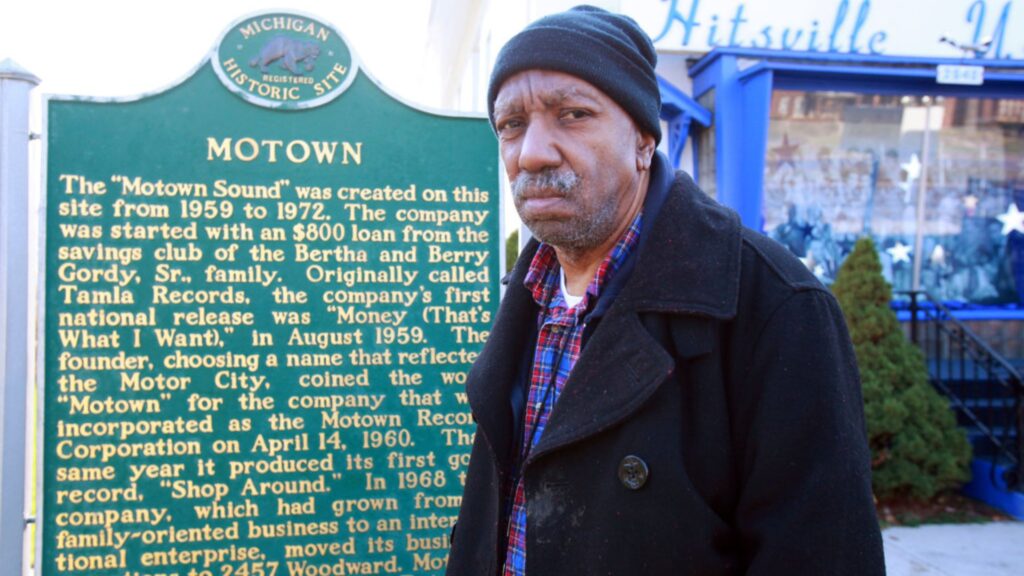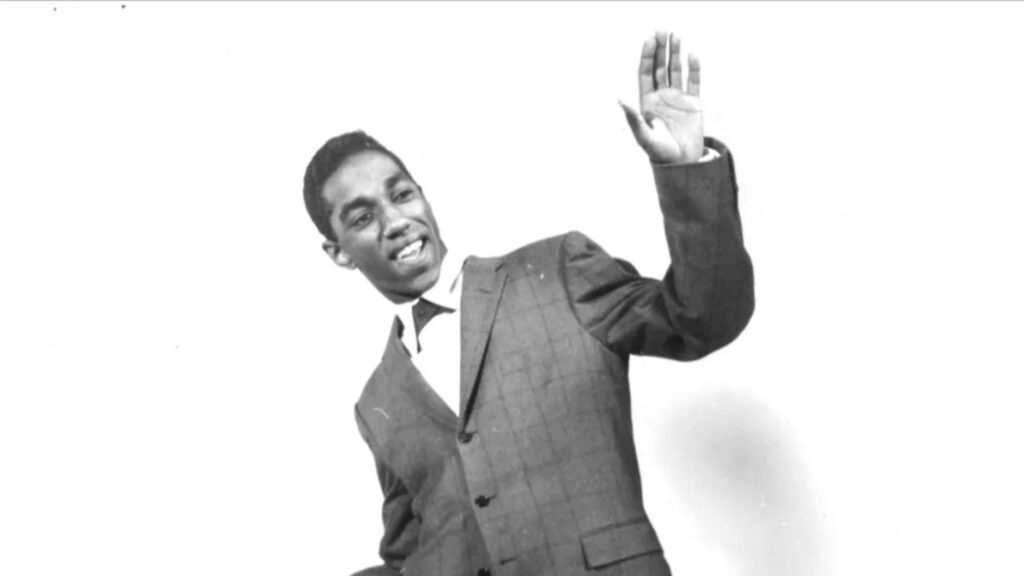Barrett Strong was a singer and songwriter from the United States. Though he is best known for his songwriting, particularly in connection with producer Norman Whitfield, Strong was the first musician to record a hit for Motown.
Barrett Strong, one of Motown’s most talented songwriters and one of the label’s original artists, has passed away. Barrett Strong worked with Norman Whitfield on such timeless songs as “I Heard It Through the Grapevine,” “War,” and “Papa Was a Rollin’ Stone” and sang lead on the company’s breakthrough single “Money (That’s What I Want). Barrett Strong Singer passed away in 81 year old.
Barrett Strong Biography

Barrett Strong, a singer and songwriter of soul music, was born in Westpoint, Mississippi, on February 5, 1941. He relocated to Michigan’s Detroit. and joined Berry Gordy’s illustrious Motown Records company as one of the earliest recording artists in the early 1960s.
In fact, his 1960 release of “Money (That’s What I Want)” on the Anna Records label was so prosperous (it reached a peak of #2 on the R&B radio charts and nearly cracked the Top 20 pop charts) that it provided Gordy with the funding he needed to launch his Motown label (the song has been covered by such artists as The Beatles, The Searchers, Jerry Lee Lewis, Buddy Guy and The Flying Lizards). On several early Motown records, Strong authored the songs, played the piano, and delivered the lead vocals.
With renowned producer and songwriter Norman Whitfield, he frequently worked on songs together. I Heard It Through the Grapevine, War, Smiling Faces Sometimes, Cloud Nine, I Can’t Get Next to You, Ball of Confusion (That’s What the World Is Today), Too Busy Thinking About My Baby, Just My Imagination, and Papa Was a Rollin’ Stone are just a few of the timeless soul songs Barrett co-wrote for Motown.
He also collaborated on the song “Take Me in Your Arms and Love Me,” which was written for Gladys Knight and The Pips. Strong departed Motown in 1972 and joined Epic Records. He recorded two albums for Capitol Records in the middle of the 1970s after only one unsuccessful single with Epic. Strong maintained his career into the 1980s, including the single “Rock It.”
He wrote and orchestrated “You Can Depend on Me” for the album “The Second Time” by The Dells in 1988. He also recorded the single “Rock It Easy” on an independent label in 1981. In 2004, he was admitted to the Songwriters Hall of Fame.
About
- Born: 5 February 1941, West Point, Mississippi, United States
- Died: 29 January 2023
- Genre: R&B/Soul
- Record labels: Motown, Anna Records, Tamla Records, Capitol Records, Epic Records
- Albums: Live & Love, Stronghold II, Barret Strong – The Selection, MORE
- Awards: Grammy Award for Best R&B Song, NAACP Image Award for Outstanding Song
Other Works
- (1975) Album: “Stronghold” (Capitol Records)
- (1976) Album: “Live & Love” (Capitol Records)
- (1960) Single: “Money (That’s What I Want)” / “Oh, I Apologize” (Anna Records). NOTE : Reached #2 on the Billboard R&B charts.
- (1960) Single: “Yes, No, Maybe So” / “You Know What To Do” (Anna Records)

The Motown Museum shared the news of his passing on social media on Sunday but did not immediately offer any information.
Berry Gordy, the creator of Motown, stated in a statement that Barrett was “not only a fantastic vocalist and pianist, but he, along with his writing partner Norman Whitfield, created a tremendous body of work.”
When Gordy was just starting to establish a recording empire in Detroit, Strong, then 19 years old, decided to let him manage him and release his music. As the piano player and vocalist for “Money,” a million-seller published early in 1960 and Motown’s first big hit, he entered history within a year.
Strong struggled for recognition that he co-wrote “Money” decades after its release since he was never able to replicate its success. But he created a creative and diverse songwriting partnership with Whitfield.

The Whitfield-Strong team produced hard-hitting and topical compositions along with such classic ballads as “I Wish It Would Rain” and “Just My Imagination (Running Away with Me),” while Gordy’s “Sound of Young America” was panned for being too slick and repetitious. With “I Heard it Through the Grapevine,” they gave Gladys Knight and the Pips a fast-paced call-and-response hit and Marvin Gaye a gloomy, hypnotic ballad that became one of Motown’s best-selling records of 1968.
Late in the decade, as Motown grew more politically aware, Barrett-Whitfield produced the Temptations’ “Cloud Nine” and “Psychedelic Shack” as well as Edwin Starr’s protest song “War” and its frequently cited refrain, “War! What is its purpose? Without a doubt, nothing!”
Strong told LA Weekly in 1999, “With ‘War,’ I had a cousin who was a paratrooper and got quite badly hurt in Vietnam. “I also know a singer who used to perform with (Motown lyricist) Lamont Dozier who was permanently disabled after being struck by shrapnel. When you’re sitting at home, you discuss these issues with your families, which motivates you to speak out.
“I Can’t Get Next to You,” “That’s the Way Love Is,” and the Grammy-winning chart-topper “Papa Was a Rollin’ Stone” (often spelled “Papa Was a Rolling Stone”) were among Whitfield-other Strong’s songs, most of which were written for the Temptations. The Rolling Stones (“Just My Imagination”), Aretha Franklin (“I Wish It Would Rain”), Bruce Springsteen (“War”), and Al Green (“I Can’t Get Next to You”) are just a few of the artists that have covered their songs.
Strong recorded for other labels for a while in the 1960s, departed Motown once more in the early 1970s, and released a few solo albums, including “Stronghold” and “Love is You.” He was elected to the Songwriters Hall of Fame in 2004 and was described as “a vital influence in Motown’s early years” by the organisation.

- Whitfield passed away.
Later, the Broadway smash “Ain’t Too Proud: The Life and Times of the Temptations” used songs by Strong and other Motown composers.
Born in West Point, Mississippi, Strong later relocated to Detroit. He was a self-taught musician who mastered the piano without the need for training, and together with his sisters, he founded the Strong Singers, a local gospel group. He met singers like Smokey Robinson, Aretha Franklin, and Gordy while still in his teens. Gordy was intrigued by his writing and piano skills. It is ironic that the play “Money,” which begins with the line “The best things in life are free/But you can give them to the birds and bees,” would result in a battle over money.
Strong was previously named as one of the writers, and he frequently recalled developing the hammering piano riff while playing in the studio to Ray Charles’ “What’d I Say.” But it wouldn’t be until many years later that he discovered Motown had since changed the credits, costing him royalties for a well-known song that the Beatles, Rolling Stones, and many other artists covered and that was also a remembrance on John Lennon’s home jukebox. Strong’s delay in requesting that his name be reinstated undermined his legal defence.
Strong stated in 2013 to The New York Times that “songs outlive humans.” “The publishing was the actual driver of Motown’s success. The albums were merely a means of disseminating the tunes to the general public. If you have publication, hold onto it because that is where the big money lies. That is the main focus. Giving it away is giving your life and your legacy away. Those tunes will continue to play when you are gone.
